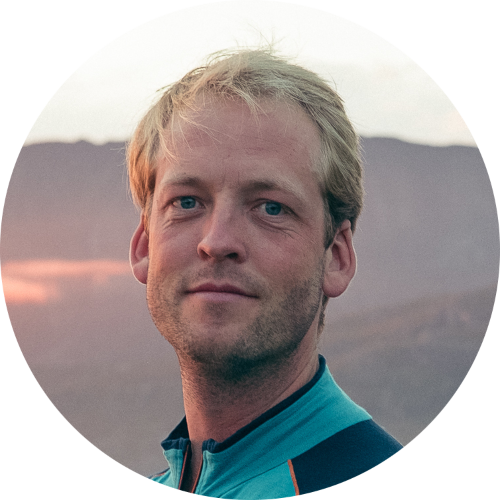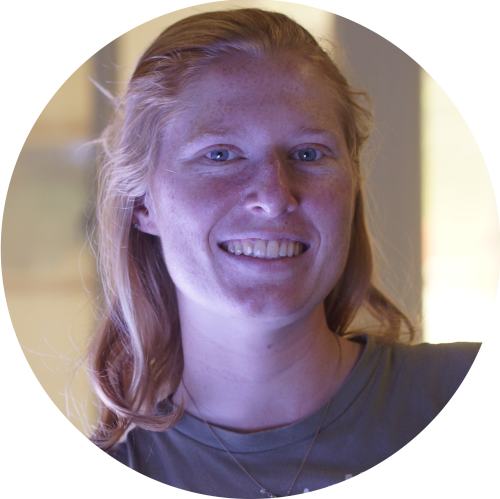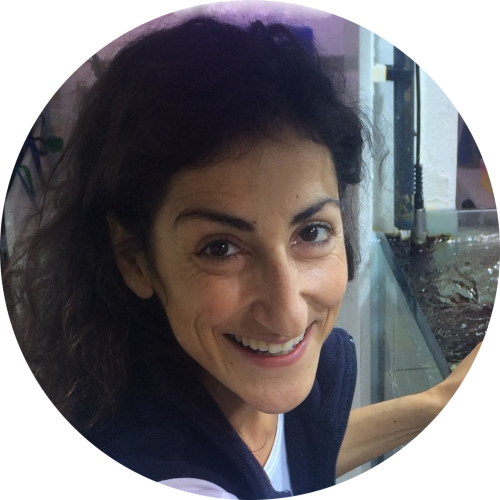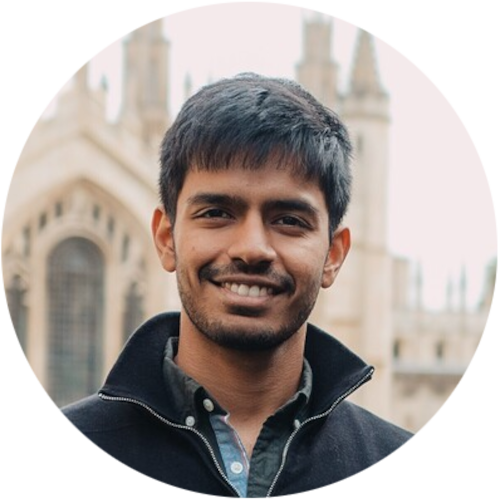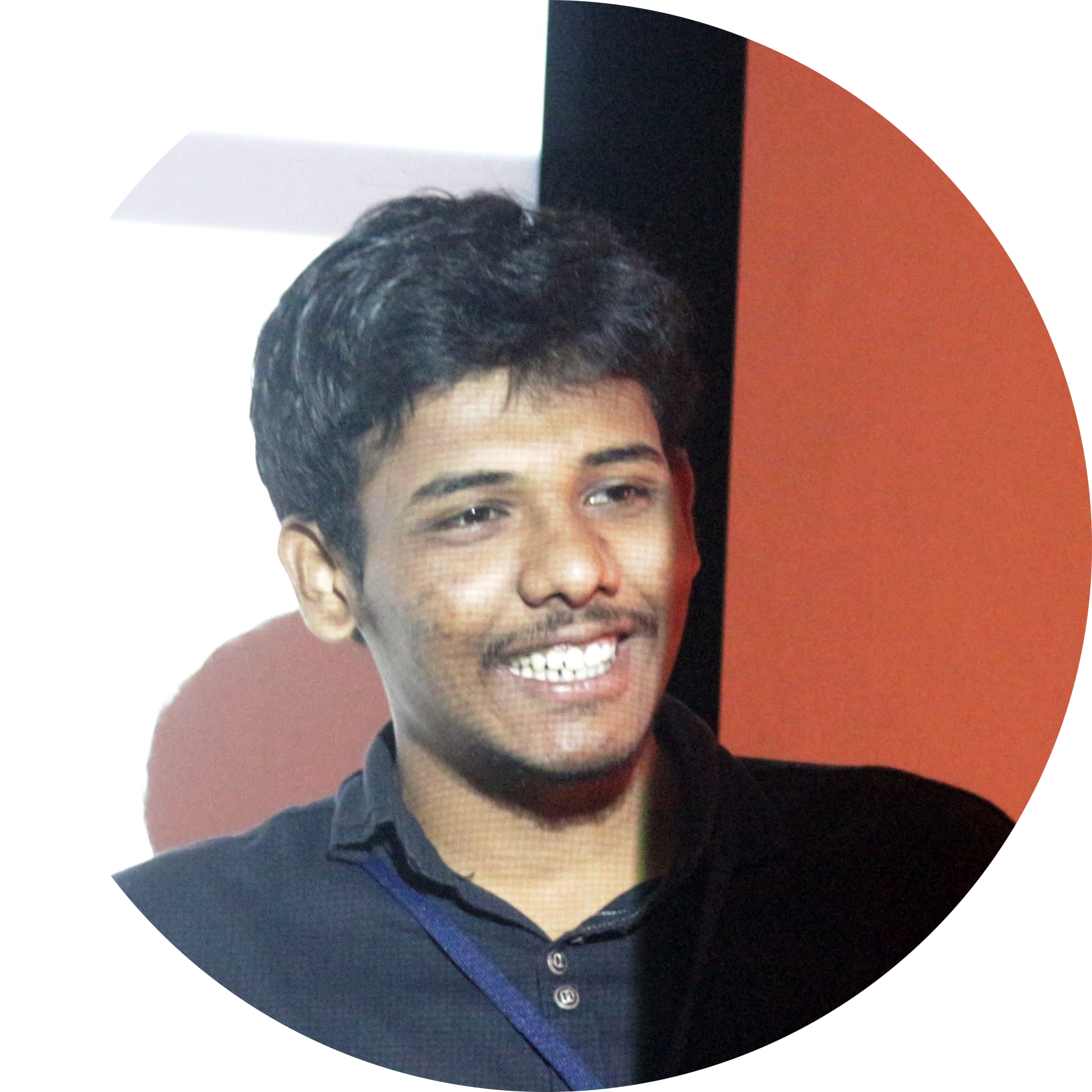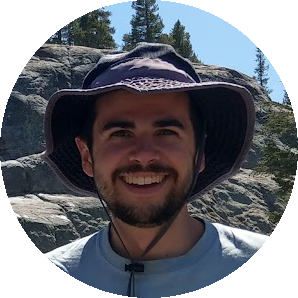PostDoc Wanted!
I am seeking a postdoctoral research associate (PDRA) to join the multidisciplinary project “Building Shells: Towards a Mechanistic Understanding of Biomineralisation” funded by the Leverhulme Trust.
Applications:
Applications for this position are now closed. Please see our jobs page for other opportunities.
Project Scope
The successful candidate will work closely with the PI and a PhD student to measure the trace element and isotopic composition of calcium carbonate biominerals produced by marine calcifying organisms (corals, foraminifera, coccolithophores) grown under controlled conditions in laboratory and field settings.
The experimental conditions will be designed to explore the pathways of ion transport and processes of crystal growth involved in biomineralisation, and will push organisms beyond conditions they experience in the wild. The task of this PDRA will be to characterise, as comprehensively as possible, how the geochemistry of the minerals produce by these organisms responds to those conditions.
The geochemical data generated by the PDRA will advance our understanding of both the mechanisms of biomineralisation, and the ‘recording’ and interpretation of palaeoceanographic proxies.
How does this fit into the ‘Building Shells’ project?
The PDRA would join a cross-disciplinary project team including four PDRAs, three PhD students and numerous (international) collaborators. The project aims to bring together physiological, geochemical and computational approaches to advance our understanding of biomineralisation mechanisms over the next four years.
The geochemical measurements made by this PDRA will provide fundamental insights into the controls on biomineral geochemistry, but the broader impact of these data will be amplified by the integration of these data with other measurements made by the project team. Specifically, geochemical data will be considered alongside measurements of the physiology and transcriptome of the same organisms (2 PDRAs + 1 PhD student) that will allow us to deconvolve the biological and mineralogical aspects of biomineralisation. These combined physiogical and geochemical data will then be integrated to inform computational modelling of biomineralisation processes (1 PDRA + 1 PhD student). Ultimately, these combined data will provide a comprehensive biological and geochemical dataset that will transform our understanding of biomineralisation.
What sort of person am I looking for?
I’m looking for someone who has (or is about to obtain) a PhD in the broad area of Geochemistry, with PhD-level experience in one or more of: (i) measurement of trace elemental composition of carbonate minerals (e.g. Mg/Ca, Sr/Ca, Ba/Ca, B/Ca, etc.) and associated sample preparation techniques; (ii) measurement of the isotopic composition of carbonate minerals and their trace elements (e.g. ẟ7Li, ẟ11B, ẟ13C, ẟ24Mg, ẟ44Ca, etc.) and associated sample preparation techniques; (iii) independently running solution or laser ablation mass spectrometry instruments to analyse complex samples, and associated processing and interpretation of data. A willingness to work alongside researchers from diverse research backgrounds, and an interest in becoming involved in supervising a PhD student are also desirable.
The project will make extensive use state-of-the-art Geochemistry labs in the Department of Earth Sciences, including (but not limited to) trace metal clean labs, ThermoFisher iCap-Q, Neptune and Neoma mass spectrometers, and an Analyte G2 Laser Ablation system. Training is available will be provided where necessary, but I am looking for a competent geochemist who knows their way around sample preparation and mass spectrometry.
The biominerals that will be analysed by the project will be grown in laboratory culturing systems and field experiments (e.g. read about our last culturing trip to Taiwan here!). This culturing work is primarily being conducted by an existing PDRA and PhD student, but involvement in this aspect of the project is welcome and encouraged (though not required).
How do I find out more?
Please get in touch if you’d like to find out more about the project, or discuss your suitability for it.
If you’d like to find out more about what it’s like to work in the Department, and specifically with me, feel free to contact any of the current lab members. In particular, Alice Ball, Duygu Sevilgen and Nishant Chauhan are all currently working on the physiological aspects of the project, and would be happy to discuss their experiences.
You can also find out more about being a PDRA in the University and Department in the Further Particulars document here.
Logistical Details
The post is funded for three years, and I need someone to start before the 1st January 2025.
Applications for this position are now closed.
